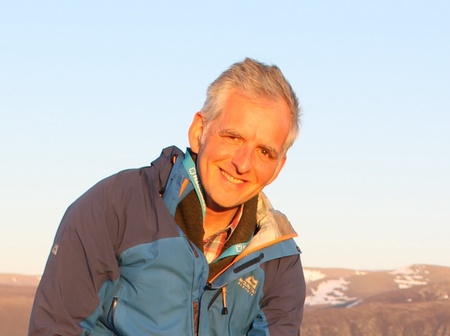In a paper published in the British Journal of General Practice, former Highland GP and Honorary Senior Clinical Lecturer, Alistair Appleby is helping to re-shape the scientific foundations of medical practice. The paper entitled “Right idea, Wrong science – should critical realism be the new science of medical practice?” outlines how a new scientific framework for medicine is overdue.
“Good doctors have always known that the physical information about a patient, scans and blood tests for example, and the conscious experience of that same patient, have to be integrated in a whole person way, but they have been given little training on how to do this. Often the orthodox scientific approach they absorb in training can be inadequate for this task.”
“We were looking for a way of better understanding the relationships between, body, mind and spirit in medical practice. After a lot of debate we have located a contemporary philosophy of science called critical realism. This was developed in the last few decades by a prominent philosopher of science, Ram Bhaskar.”
Critical realism is a modern interpretation of science which create a more balanced scaffold for the human sciences, and in particular for medicine.
This comes at a time when the dangers of relying on tests and scans, for example overdiagnosis and treatment are in the spotlight. Similarly, the possibility that a process of basing a diagnosis solely on patient’s own perceptions is being questioned.
“We have located a philosophy of science which we believe can change the way people think in medicine: Critical realism is not our invention – but we feel we are breaking new ground in showing how this might reform clinical practice in practical ways. Our ideas are generally welcomed by clinicians, it often reassures them that their holistic approach is scientifically valid.
Professor Emeritus of Primary Care and Rural Health at the University of Aberdeen Philip Wilson added “Integrating the subjective human experience of patients with the more objective perspective of laboratory tests has always been one of the greatest challenges of general practice - and medicine more generally. The philosophical approach of critical realism can be a helpful way for doctors to square this circle.”
Dr Appleby wishes to thank GPs in Highland who have helped with this research as well as colleagues Professors Philip Wilson and John Swinton at Aberdeen University.


